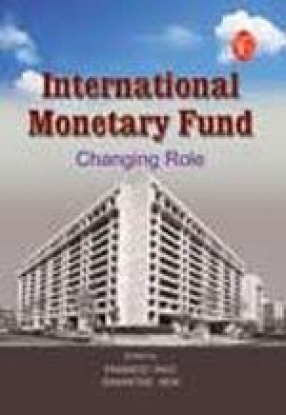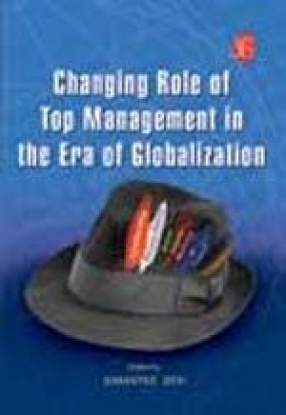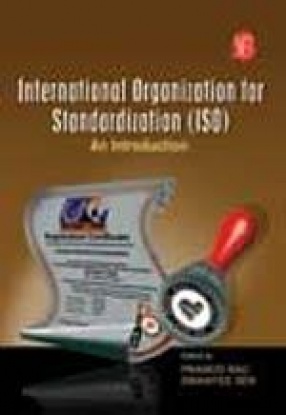International Monetary Fund: Changing Role
When the International Monetary Fund was originally formed, its purpose was to promote international monetary cooperation through a permanent institution, to facilitate and to contribute thereby to the promotion and maintenance of high levels of employment and real income and to promote exchange stability. In the last decade, there had been much debate about the role of the IMF in the changing global economic scenario. Like any other financing institution, IMF too depends on the interest payments from its customers to run its operations. But its biggest customers have now become self-sufficient. For instance, Brazil and Argentina both have repaid their debts in advance. The volume of loans has been falling over the years and it seems increasingly unlikely that the developing countries will seek the Fund’s help in the near future. In addition, many of the developing countries have started building their own reserves. To add to the IMF’s woes, countries have set up several regional organizations like G7, ASEAN, SAARC, etc. limiting the Fund’s role as a mediator for bilateral discussions between less important countries. On the other hand, private capital flows have gained momentum and countries are increasingly seeking this route to raise funds when in need, rather than come under the Fund’s stern supervision. Amidst all these developments, the Fund’s future had become obscure. The theme of this book is to detail how the IMF redefined and reinstated its legitimacy in the global economics.
Get it now and save 10%
BECOME A MEMBER











Bibliographic information
Simantee Sen